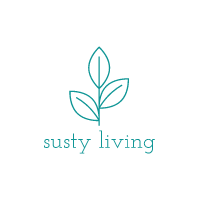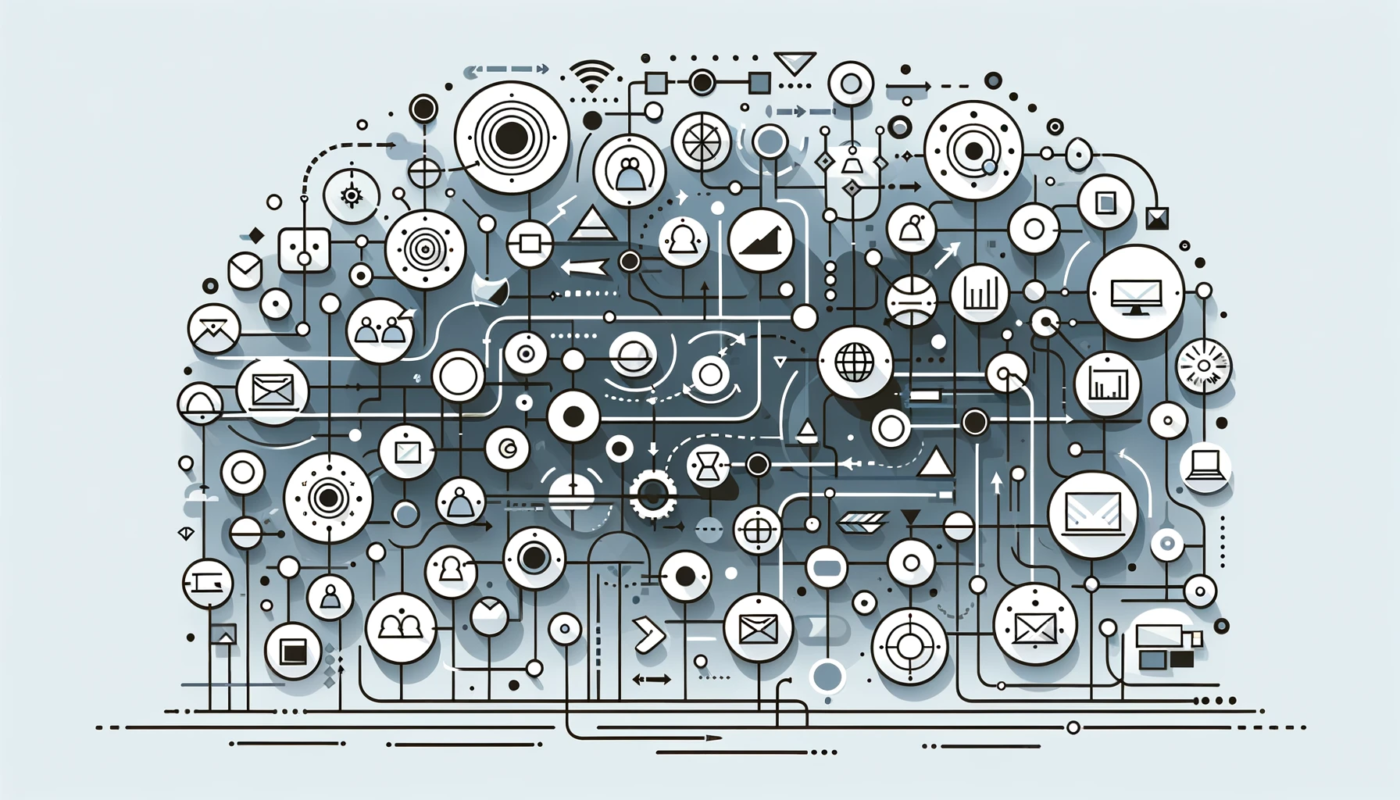Why is quality education important for sustainability? Education provides adults with the knowledge, skills and attitudes needed to understand and address global sustainability challenges such as climate change, natural resource management, biodiversity loss and poverty. Through quality education, adults can acquire a critical awareness of sustainability issues and solutions and develop the capacity to act responsibly and consciously.
Education is a crucial way to achieve better life conditions, higher incomes, and personal fulfillment. It is exactly from this radical change in your point of view that you can start: quality education influences the economy in general, and has a real impact on people’s private lives. Quality education is also a way to improve our democratic living and indirectly influence the development of innovative, inclusive policies with concrete results.
Continuous training is the most effective tool in your hands to definitively improve your lifestyle. The world economy continues to run – probably in an unsustainable way – and social dumping is now an issue. The futility and ineffectiveness of protectionist policies and approaches have brought workers face to face with a reality that is hostile to them. Especially in Western countries, labour can no longer have the same rules and behaviour as a few years ago. Keeping training is the best way to be resilient to constant shocks and to build a brighter future.
Lifelong learning: an opportunity not to miss!
Lifelong learning is fundamental in today’s social and economic environment. In an ever-changing world, where the skills required in the labour market are changing rapidly, investment in lifelong learning is essential to improve job opportunities and maintain a successful career.
Improving employment opportunities is one of the main benefits of lifelong learning. Upgrading skills and acquiring new knowledge can make adults more competitive in the labour market and increase their chances of career progression. For example, learning new digital skills can open doors to a wide range of job opportunities in the growing digital economy. Lifelong learning also enables adaptation to new challenges, such as technological change or changes in the labour market, allowing adults to remain relevant in their field of work and to take advantage of new opportunities.
A concrete example of how lifelong learning can improve employment opportunities is the information and communication technology (ICT) sector. Ongoing learning of computer, programming or data analysis skills can open doors to well-paid and growing jobs. This sector is constantly evolving and requires ongoing training to keep up with new technologies and market needs.
But lifelong learning is not just about acquiring specific skills for a career. It is also an opportunity for personal development and to pursue passions and interests. Adults can learn new languages, deepen their knowledge of subjects such as history, art or music, or acquire practical skills such as cooking, gardening or handicrafts. This type of learning not only enriches people’s lives, but can also open up new career opportunities or personal projects.
It is important to note that lifelong learning is not only an opportunity for individuals, but also for organisations and society as a whole. Companies that promote lifelong learning for their employees often see improvements in performance, innovation and productivity. In addition, a high proportion of highly educated and skilled workers can contribute to sustainable economic growth and improved competitiveness at national and global level.
In conclusion, lifelong learning is an indispensable resource for improving employment opportunities. Investing in lifelong learning enables adults to adapt to the changing needs of the labour market, to take advantage of new opportunities and to achieve their professional and personal goals. Whether it is to acquire technological skills, broaden knowledge or develop passions, lifelong learning offers a pathway to success and personal fulfilment.



